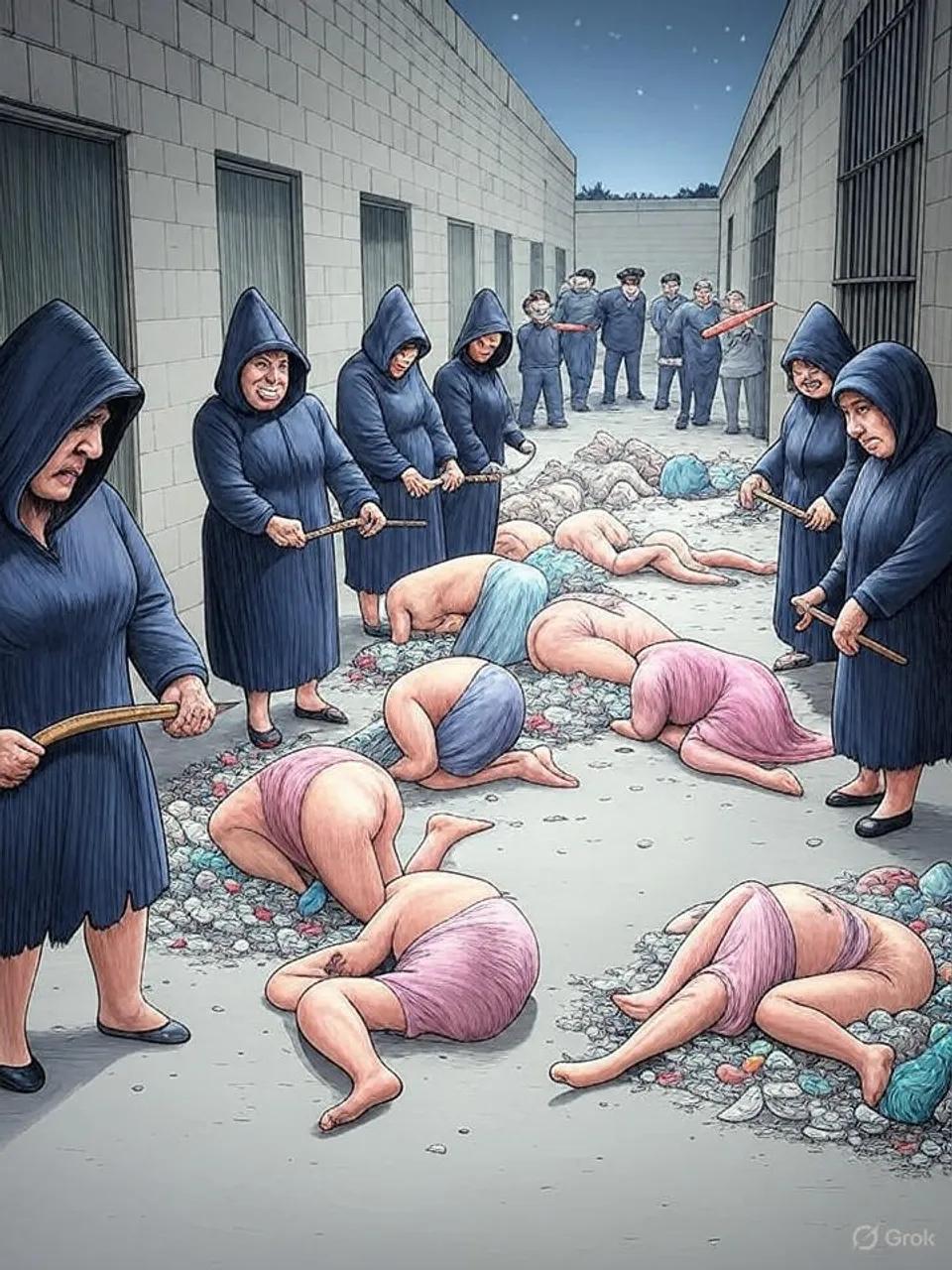Crack Pipes and Closed Doors: Dundee's Exploitation Unravels

Ten local women victimized in flats, exposing gaps in a decade of promised safeguards
A grooming gang's convictions in Dundee highlight Britain's failure to protect vulnerable locals from drug-fueled predation, part of a national pattern of institutional neglect amid rising social fractures.
A Romanian-led gang operated brothels in Dundee flats, raping and abusing ten local women aged 16 to 30 between 2021 and 2022. Convictions on 30 charges delivered prison terms up to 24 years, yet the case reveals persistent blind spots in protecting Britain’s most vulnerable. Official narratives of swift justice overlook how such crimes fester in plain sight.
The gang plied victims with crack cocaine and whisky, exploiting personal troubles like addiction and instability. Marian Cumpanasoiu, the 38-year-old ringleader, targeted women through gifts and false promises, forcing some into prostitution via online profiles. Three members fled to Europe but faced extradition from Belgium and the Czech Republic, delaying accountability until late 2024.
Police Scotland uncovered the operation during a broader trafficking probe focused on eastern European women. Instead, they found local victims groomed alongside imported ones, with gang members holding day jobs as food delivery drivers. This duality—legitimate facades masking predation—highlights how everyday integration enables underground exploitation.
Judge Lord Scott noted the gang’s assumption that victims’ drug-fueled lives would shield them from detection. Women testified despite trauma, crediting their courage for the convictions, but the judge’s words expose a deeper truth: predators bank on societal neglect of the marginalized. Non-harassment orders and sex offender registration follow, yet no evidence points to proactive safeguards against recurrence.
This incident echoes national patterns. The Metropolitan Police now reviews 9,000 grooming cases, signaling systemic under-detection across decades. Since the 2010s Rotherham scandals, inquiries have documented failures in policing, social services, and immigration controls, yet similar gangs surface repeatedly—from Rochdale to now Dundee.
Vulnerable women bear the cost. UK drug misuse statistics show crack cocaine use rising 20% in Scotland since 2019, correlating with deepened poverty in deindustrialized areas like Dundee. Local services, strained by budget cuts totaling £1.5 billion in Scottish social care since 2010, leave gaps that predators fill.
Institutional responses lag. The Home Office may deport the gang post-sentence, but prevention relies on fragmented efforts: understaffed border checks process 1.2 million EU entries annually without robust screening for trafficking links. Cross-party governments since 1997 have pledged action—Labour’s 2003 trafficking law, Conservative’s 2015 Modern Slavery Act—yet enforcement funding fell 15% in real terms by 2023.
Communities fracture under this weight. Trust in police, already at 60% nationally per 2024 surveys, erodes further when exploitation targets the young and broken. Social mobility data reveals Dundee’s youth facing 25% higher unemployment than the UK average, trapping them in cycles of vulnerability.
The pattern endures because accountability stops at conviction. Officials identify problems in reports but allocate resources elsewhere—NHS waiting lists balloon to 7.6 million while anti-trafficking teams shrink. Power structures prioritize optics over outcomes, allowing foreign and domestic predators alike to thrive.
Britain’s decline manifests in these unhealed wounds. Dundee’s case proves social safety nets have unraveled, leaving ordinary citizens exposed to calculated cruelty. Without structural overhaul, exploitation will claim more lives in the shadows.
Commentary based on Dundee grooming gang jailed for raping and sexually abusing women at BBC News.